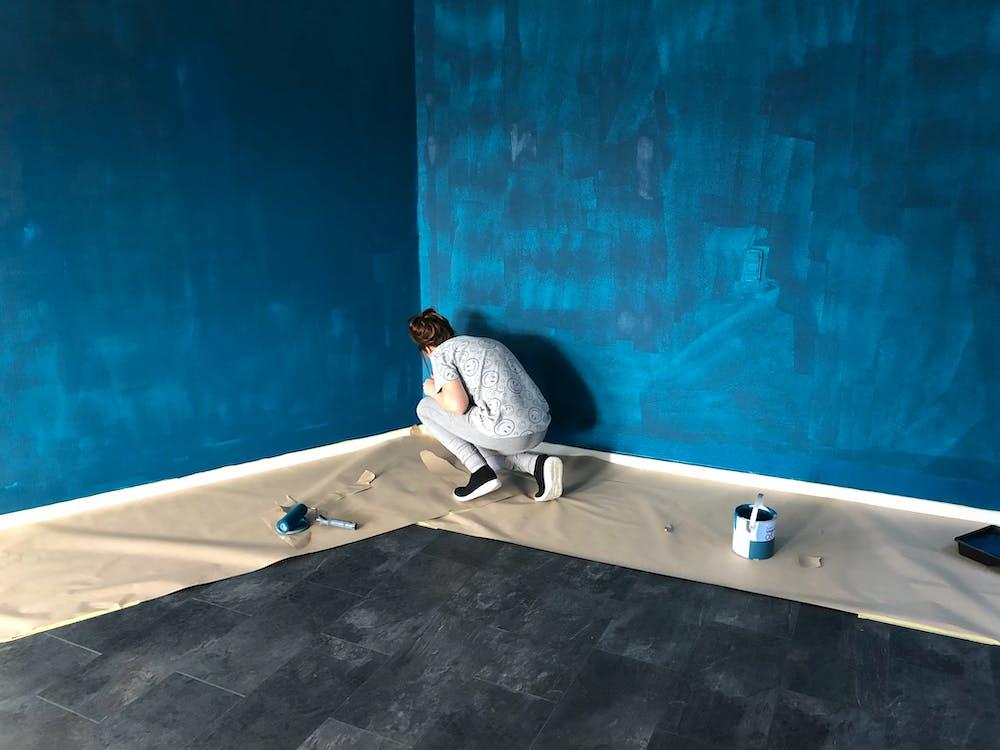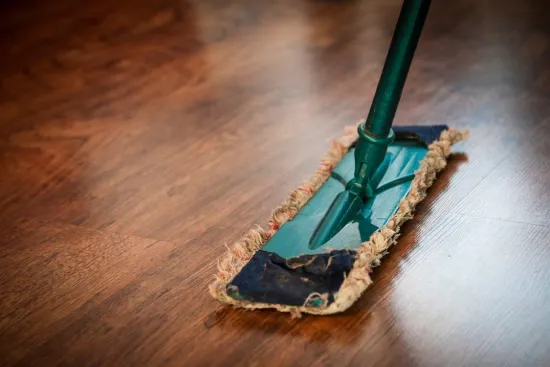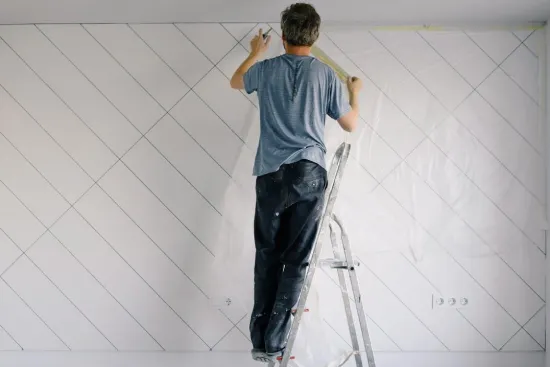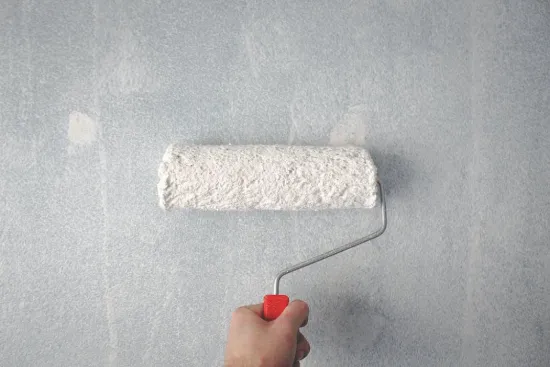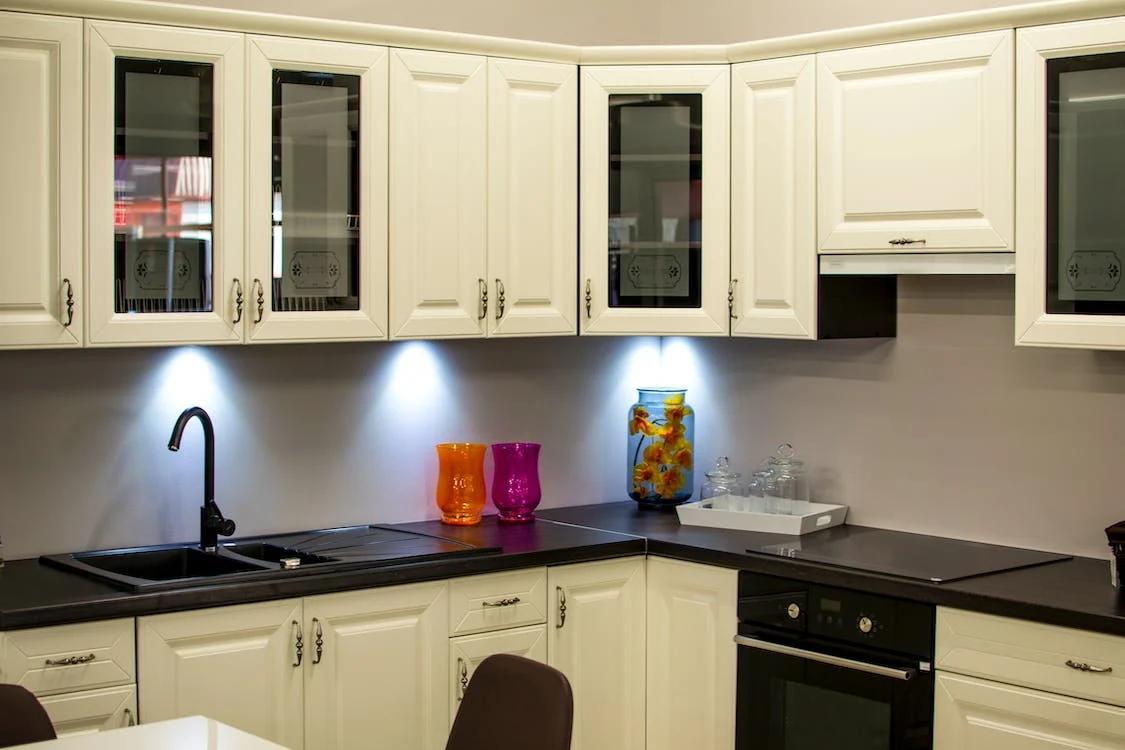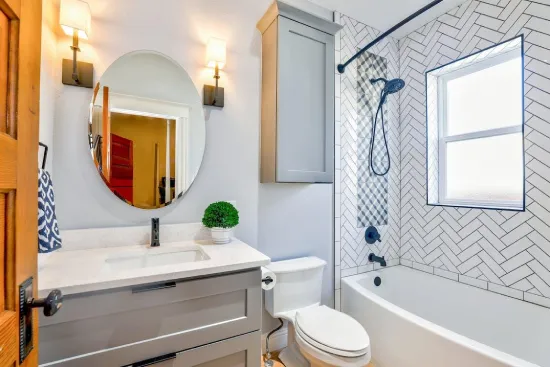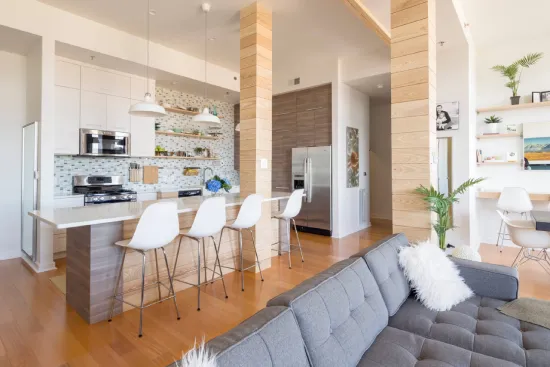Noise can be a problem in a New York City apartment, whether it’s coming into yours or going out of your apartment to disturb your neighbors. A few ways you can make your apartment soundproof are:
Installing New Windows
One practical but rather expensive way to soundproof your apartment is to replace your existing standard windows with a double-pane window. The two glass panes sandwich the soundproofing material in between, and depending on the thickness of the material, you may achieve different levels of soundproofing, up to 95%.
They can cost somewhere between $900 to $1,500 per window, depending on the style and how much soundproofing you require. One major cost-driving factor is that, in most cases, these windows are cut and installed by dedicated soundproofing companies, and they charge for these specialized services.
These windows also promise energy savings (up to 30% as per one vendor), so you can put a number on recouping your investments (besides the peace of mind). Still, it can be a costly project, regardless of whether you are already renovating your home or taking on the project independently.
Installing New Flooring
If you want to prevent the noises from coming out of your apartment and disturbing your neighbor down below, installing the right noise-dampening compounds or underlayments can help you reduce the noise significantly. Opting for carpet flooring throughout the apartment can also impact the noise, especially if you combine it with a sound mat.
Ceiling Soundproofing
If your upstairs neighbors are noisy, you may consider soundproofing your ceiling. One way to do it is by creating a physical separation between the ceiling sheetrock (basically drywall) and the joists on which it’s installed.
You can augment it by installing soundproofing material here as well. Recessed lights can also contribute to the problem.
Drapes/Curtains
Drapes that may reach the floor and curtains that are technically fit to windows can be used to drown out the noises from various outside sources, primarily windows and doors.
Normal drapes may only absorb some of the noise, but soundproofing drapes that are specially developed for this purpose may produce better results.
They can also be used for soundproofing between different rooms and different sections of your home. It’s important to take their impact on ventilation into account.
Rugs (the 80% rule)
The 80% rule is that at least 80% of your floor should be covered with rugs or carpet to mitigate the noise for your downstairs neighbors. This rule is typically enforced by the buildings since there is no government-imposed rule/law about floor covering.
Carpeting can be a flooring alternative, whereas rugs can offer you more flexibility (as they can be moved around) and may be more visually appealing.
Sound Insulation
There are often specific noise sources in an apartment, like electrical boxes or other structural insulations, that are not properly insulated and may transmit noise from neighbors or outside.
Insulating them with rubber or another appropriate material may help you reduce the noise level in your apartment.






